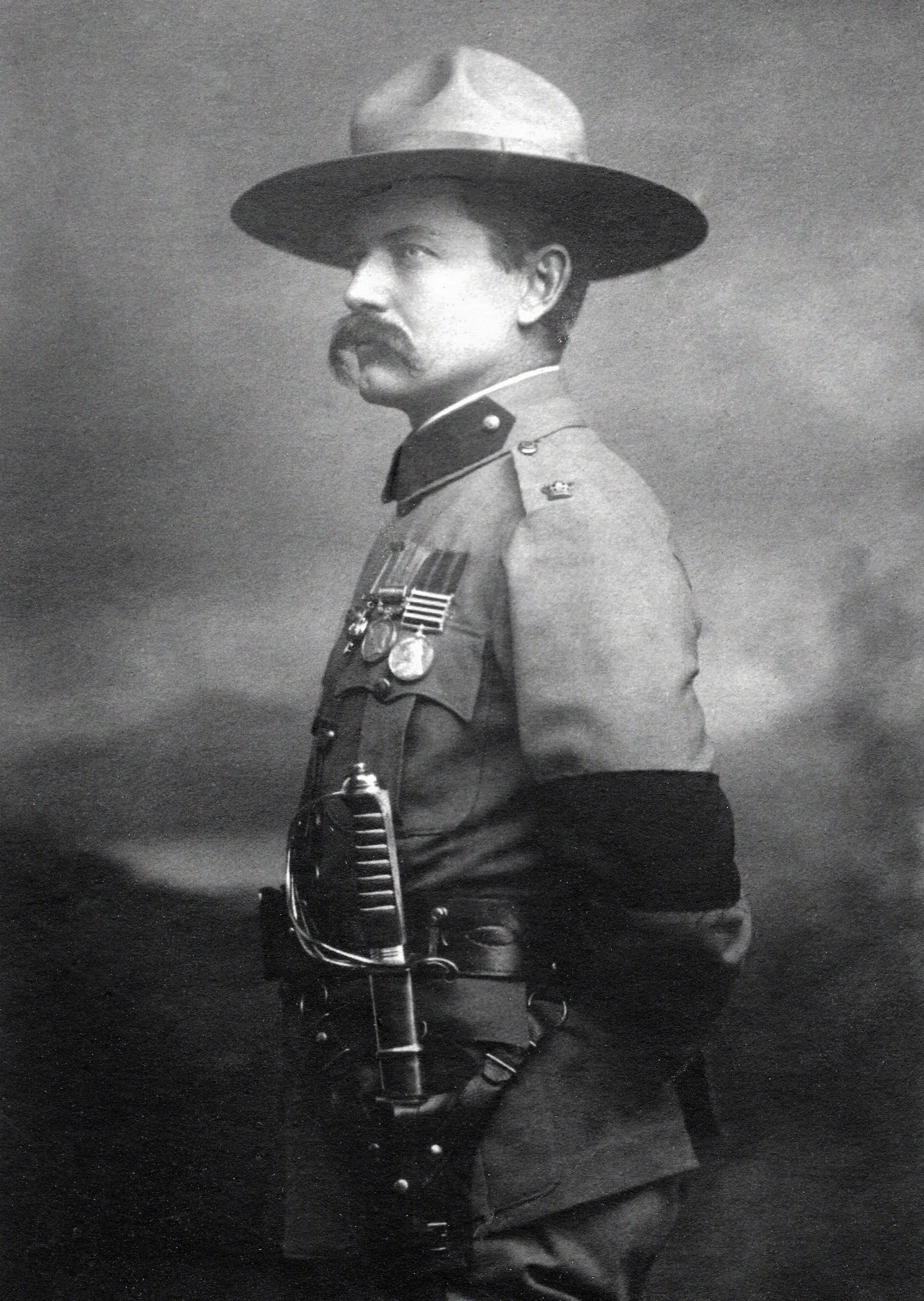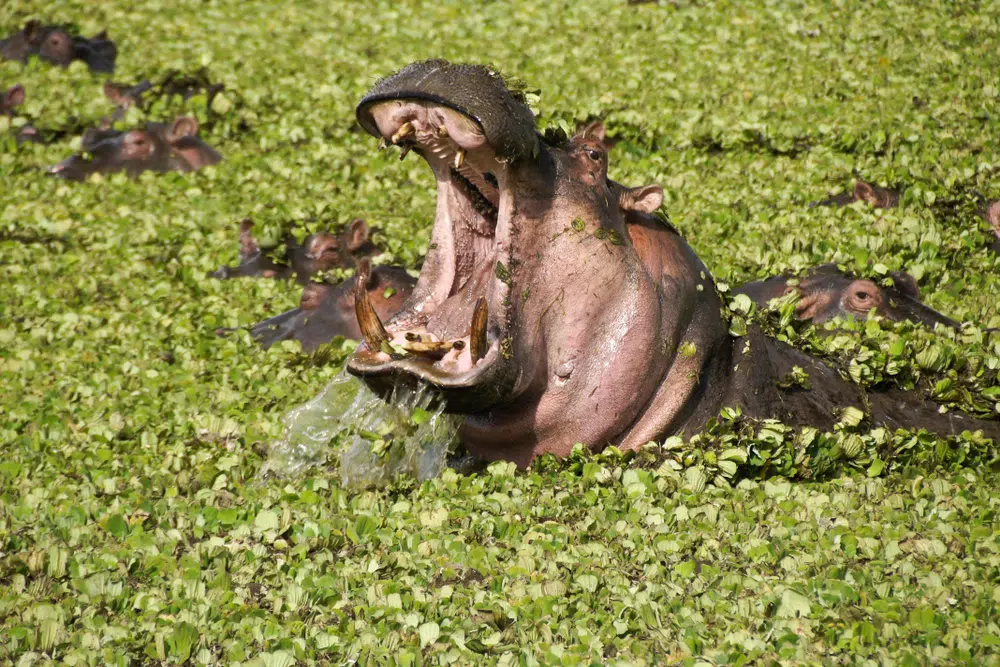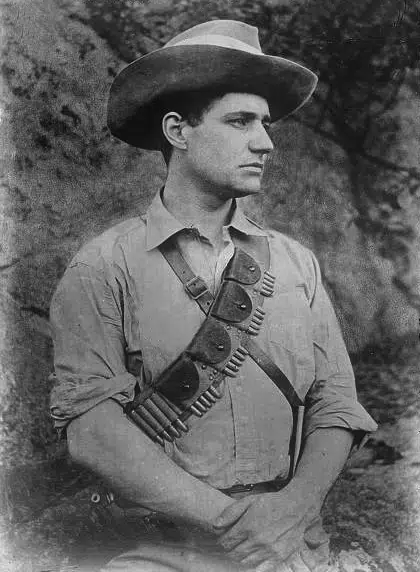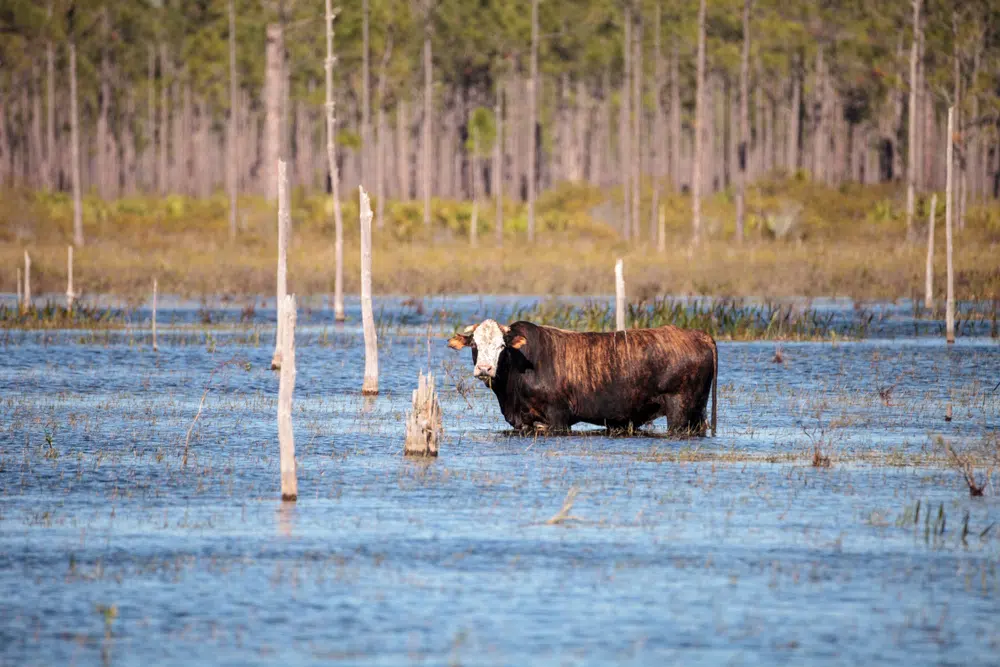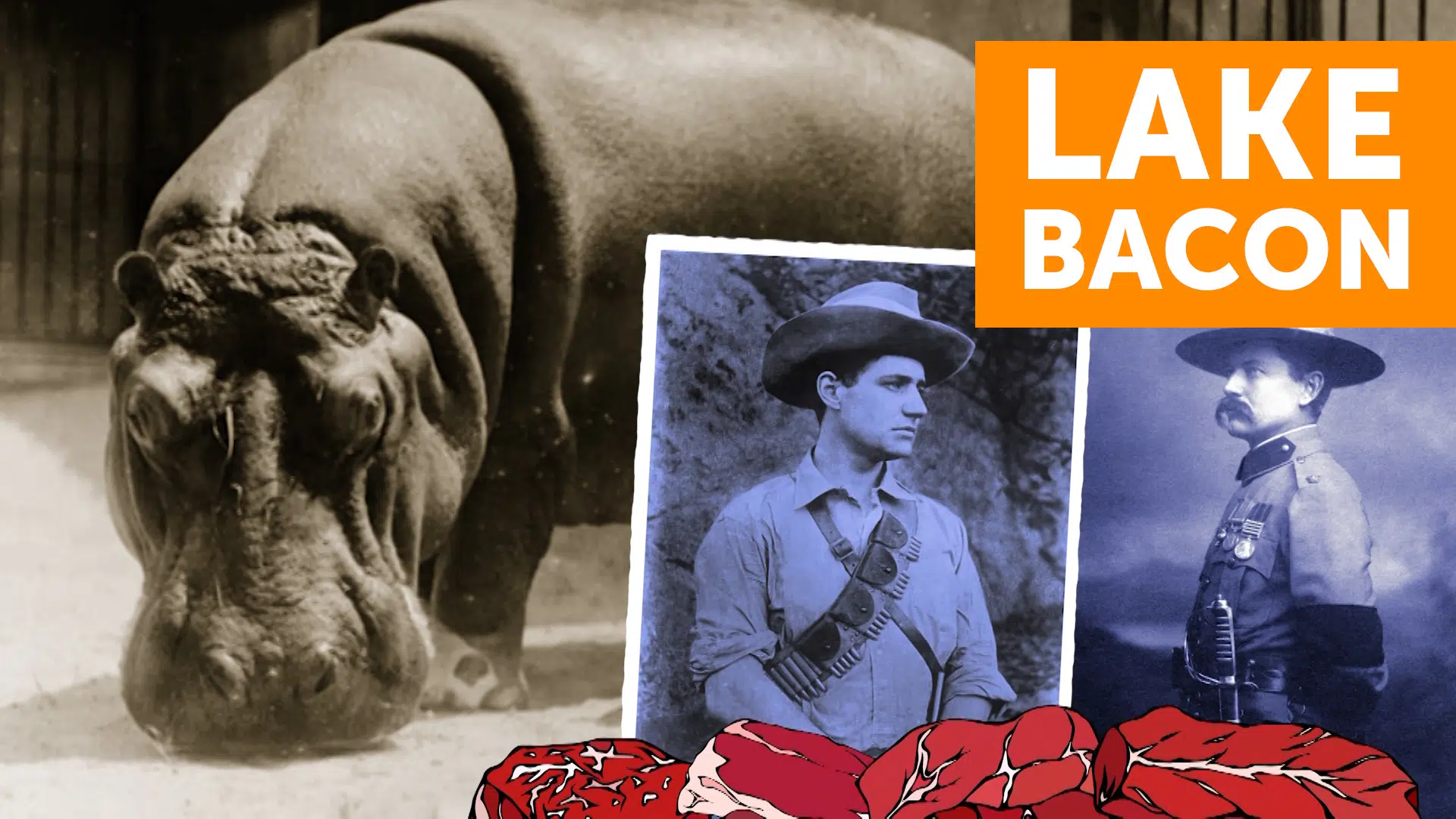
Hippo Meat Nearly Became An American Food Staple
Featured in Ripley's Believe It or Not!

During the start of the 20th century, a group of eclectic men decided to tackle America’s meat crisis by introducing hippopotamus into the American diet. Hippo steak may have become a common menu item today had they succeeded.

